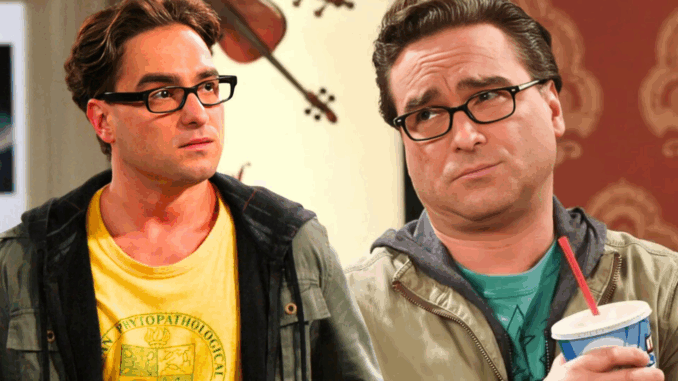
A quirky genius no one saw coming
When The Big Bang Theory premiered, few expected Dr. Sheldon Cooper to become its emotional center. At first glance, he was a caricature — a brilliant but socially inept physicist with a penchant for robotic routines, condescending remarks, and a complete disregard for social norms. But as the seasons unfolded, so did Sheldon’s complexity.
Jim Parsons delivered a performance that transcended the archetype of the “difficult genius.” Through nuanced storytelling, viewers watched Sheldon evolve from a man obsessed with order into someone learning to embrace chaos — in friendship, love, and life itself.
The evolution of a reluctant human
Sheldon’s transformation didn’t happen overnight. It was layered, slow-burning, and often subtle. His dynamic with Leonard served as the initial emotional tether — a classic odd-couple pairing. But as his world expanded to include Penny, Amy, and others, viewers saw cracks in the armor.

Episodes like “The Bath Item Gift Hypothesis” and “The Love Spell Potential” revealed a man desperate for connection beneath his stubborn exterior. His growing relationship with Amy Farrah Fowler introduced a new facet of Sheldon: vulnerability. Through Amy, Sheldon confronted feelings he had long intellectualized away. Their relationship wasn’t just romantic — it was a mirror for his growth.
The legacy of a catchphrase and what lies beneath
“Bazinga” became a pop culture phenomenon, but Sheldon’s impact extends far beyond catchphrases. He became a symbol of neurodivergent brilliance, a character who taught audiences to appreciate different kinds of intelligence and emotional expression.
His journey resonated with viewers who saw themselves in his rigidity, his struggle with change, or his difficulty processing emotions. And when he finally stood at the Nobel Prize stage in the series finale, acknowledging his friends as the real reason he got there, the audience wept not just for the character — but for the decade-long journey of self-discovery.
Conclusion
Sheldon Cooper’s legacy isn’t just about laughs. It’s about growth, empathy, and the unexpected emotional power of a man who once refused to sit anywhere but “his spot.” His story reminded us that even the most brilliant minds have the deepest hearts — and that sometimes, the most unlikely characters can become the emotional core of a sitcom about science, friendship, and love.